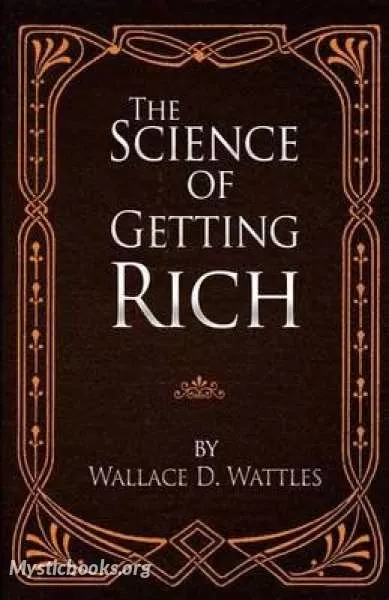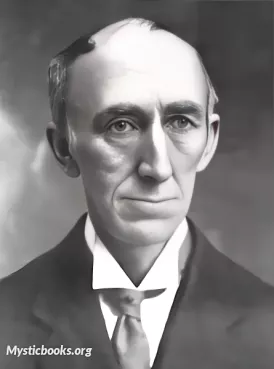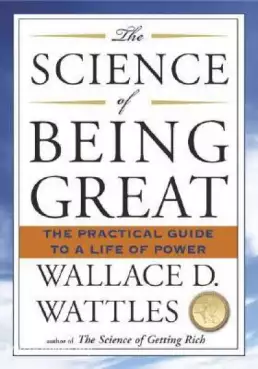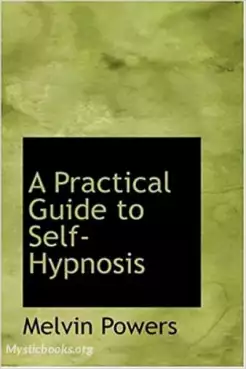
The Science Of Getting Rich
'The Science Of Getting Rich' Summary
This book is based on the Hindu philosophies that One is All, and that All is One (Page one of Preface). The Science of Getting Rich is based upon what Wattles called "the Certain Way of Thinking." According to Mitch Horowitz, the editor-in-chief of the Jeremy Tarcher imprint of Penguin Books, which reprinted The Science of Getting Rich in 2007, Wattles' "Certain Way" descended from the "mental healing movement" that had started earlier with Phineas P. Quimby in the mid-19th century. As Horowitz explained to a reporter from the Washington Post, after experiencing relief from physical symptoms of discomfort or illness through Quimby's mental strategies, people began to wonder, "If my state of mind seems to have a positive influence over how I feel physically, what other things can it do? Can it lead to prosperity? Can it lead to happiness in my home? Can it lead to finding love and romance?" One result of such questioning was Wattles's application of Quimbian "mental healing" strategies to financial as well as physiological situations.
Book Details
Language
EnglishOriginal Language
EnglishPublished In
1910Authors

Wallace D. Wattles
United States
Wallace D. Wattles was an American New Thought writer and spiritual teacher who is best known for his book The Science of Getting Rich. Born in Illinois in 1860, Wattles spent much of his life studyin...
Books by Wallace D. WattlesDownload eBooks
Listen/Download Audiobook
Related books

Light on Life’s Difficulties by James Allen
When a man enters a dark room he is not sure of his movements, he cannot see objects around him, or properly locate them, and is liable to hurt himsel...

The Shining Gateway by James Allen
Students of the works of James Allen all over the world will welcome with joy another book from his able pen. In this work we find the Prophet of Medi...

The Omnipotent Self by Paul Bousfield
It examines the concept of self-empowerment and the power of the individual to create and shape their own destiny. It argues that the individual is ca...

The Science of Being Great by Wallace D. Wattles
The Science of Being Great is the second book of Wattles’ triology. In this volume he argues that the power of thought and positive self-esteem is the...

Above Life's Turmoil by James Allen
Combining elements of Christianity, Buddhism and Hinduism with concepts dealing with self-discipline, motivation and the power of positive thinking, J...

Psychopathology of Everyday Life by Sigmund Freud
Psychopathology of Everyday Life is a 1901 work by Sigmund Freud, the founder of psychoanalysis. Based on Freud's researches into slips and parapraxes...

The Victorious Attitude by Orison Swett Marden
Dr. Marden tells how we can live up to our potential just by changing our attitude, from the normal attitude of I CAN'T to one of I CAN! To do this we...

A Practical Guide to Self-Hypnosis by Melvin Powers
Published in 1961, A Practical Guide to Self-Hypnosis by Melvin Powers is a self help book that aims to bring the basic techniques of hypnosis to the...

Mental Efficiency – Mental Exercises by Arnold Bennett
Mental Efficiency , a light hearted yet thought-provoking collection of articles, Bennett offers his thoughts on exercising the mind, organising your...

Sesame and Lilies by John Ruskin
In a world where men are consumed by wealth and women are confined to domesticity, Victorian social critic John Ruskin boldly challenges the status qu...
Reviews for The Science Of Getting Rich
No reviews posted or approved, yet...